Filter on
human behavior research categories
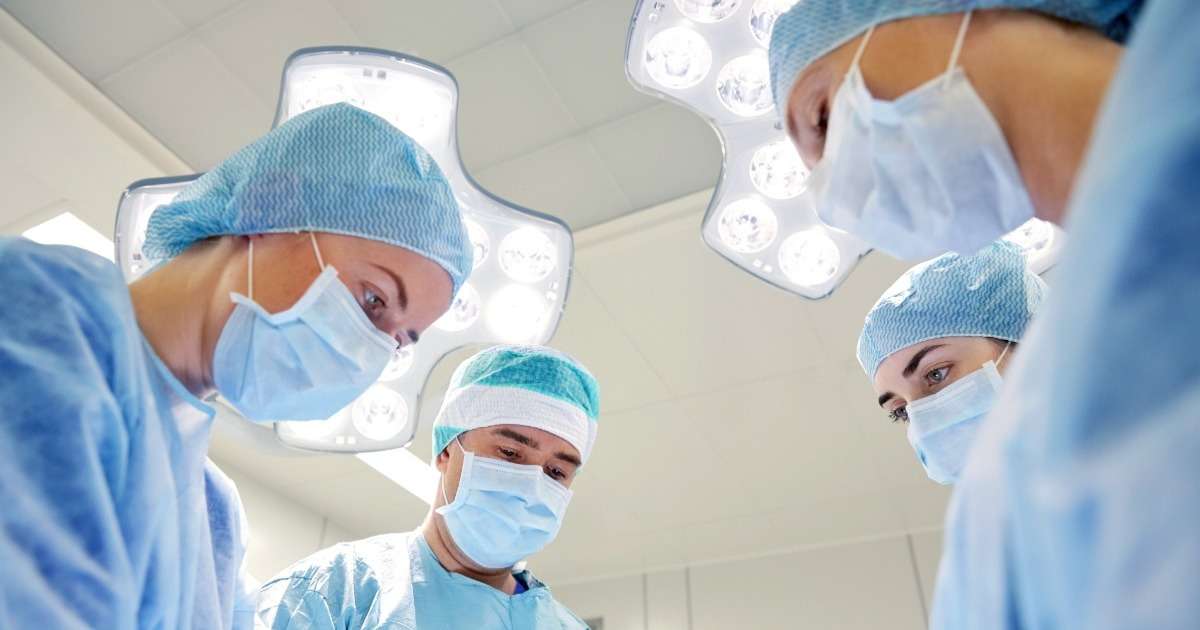
Simulation-based training – it’s just like the real thing!
By conducting training sessions, students in a simulation lab develop and maintain knowledge, skills, and competencies such as interviewing skills, working with certain equipment, and teamwork procedures.
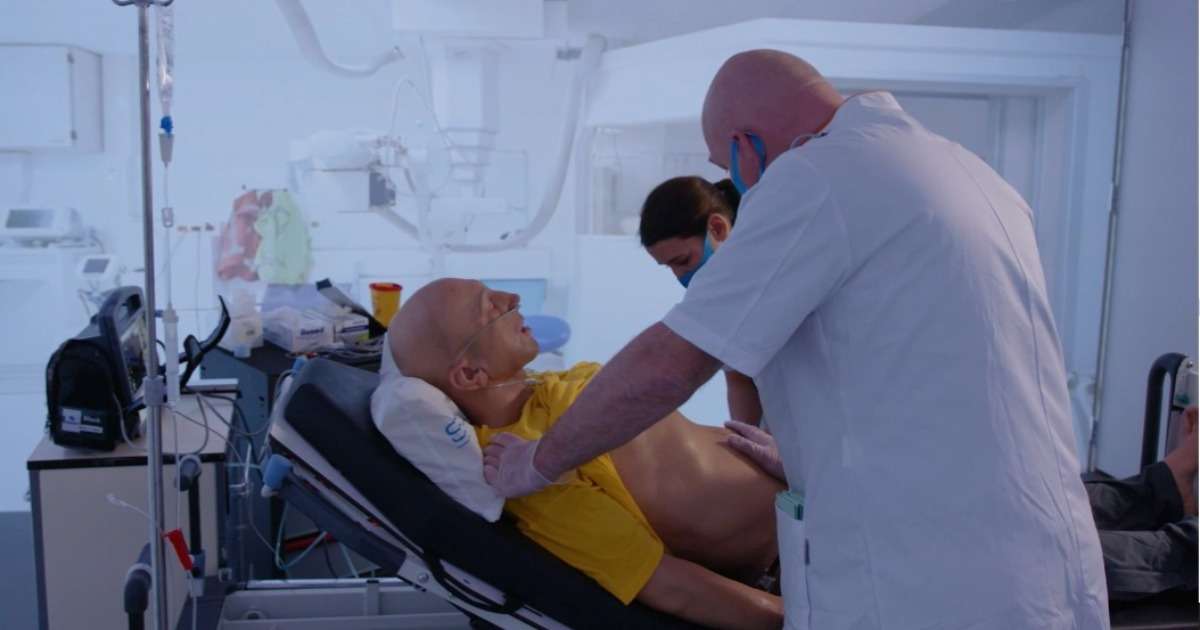
5 reasons to attend IMSH 2023, a.k.a. the medsim conference
The Society for Simulation in Healthcare (SSH) organizes the International Meeting on Simulation in Healthcare (IMSH), which is the world’s largest scientific conference.

Psychology conferences in 2023
Conferences are a great way to combine work, knowledge, and social interaction with your peers. Like previous years we’ve put together a list of international psychology conferences in 2023 to help you out!

3 debriefing steps to evaluate a training session
Debriefing digs into what and why things happened and explores implications for the future. You will gain insights in what to repeat and what to change.

Understanding behavioral psychology with The Observer XT
What causes you to procrastinate, eat junk food, or form a habit? Questions like this, about the connection between our minds and our behavior, are studied in behavioral psychology.

The New Jersey Families Study: unlocking the black box
Families are children's first teachers and home is their first school. Often we wonder or guess how such teaching is going. The NJFS, performed by the University of Princeton, offers insights.

Examples of Human Behavior Research
We humans are an intriguing species and it's no wonder researchers have always been fascinated by human behavior. Here are some examples of human behavior research over the years.

The importance of measuring infant behavior for early diagnosis of autism
Most efforts to detect autism before the age of two rely on parental reports rather than infant behavior.

The importance of a multi-method approach in infant behavior research
The study of infant behavior provides incredible insight into the field of psychology, developmental biology, neuroscience, and other social and life sciences.

Using observational research to capture parent-child interaction
Researchers examined whether a combination of child and parental factors, such as the child's emotional temperament and parents' controlling feeding practices, influence food fussiness.
Filter on
animal behavior research categories

Behavioral neuroscience in the circular economy: the contribution of Zebrafish
What do Zebrafish and sewage sludge have in common? In this blog their use as a screening tool is highlighted to asses the ecotoxicity in soil.

Part 2: How researchers use the Morris water maze to find treatments for AD
In this second part of a two-part mini series, we highlight two more studies on potential Alzheimer’s disease treatments that are investigated using a Morris water maze.
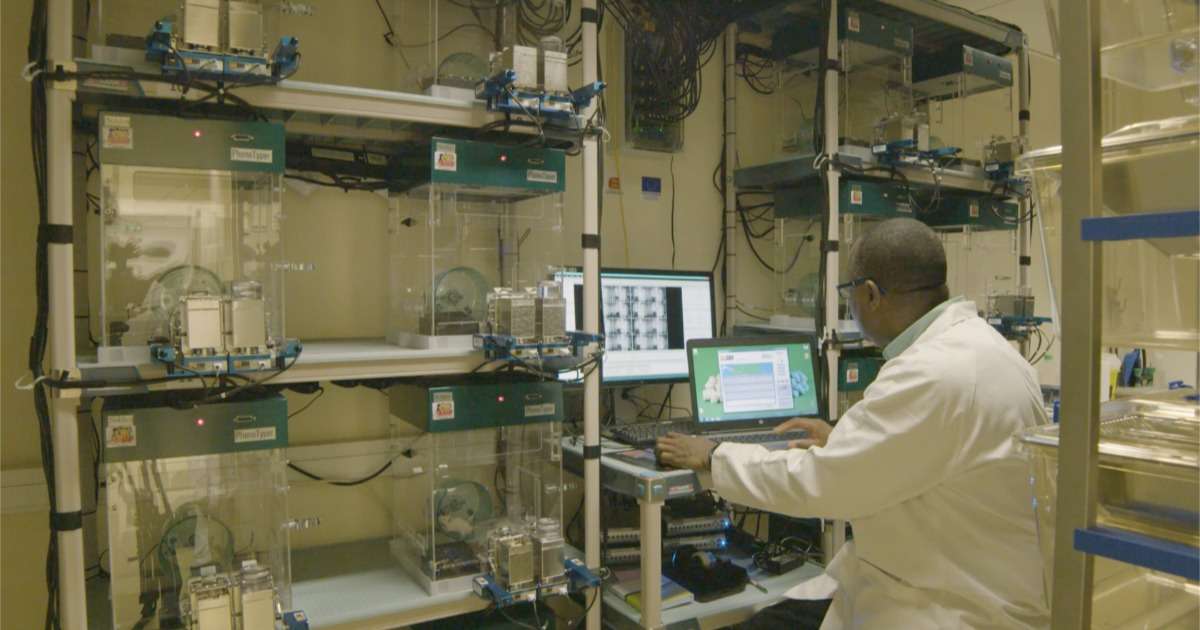
Should you buy EthoVision XT? Reviews from our customers
Are you wondering if EthoVision XT might be the right tool for your study? In this blog we sum up some of our favorite and honest customer reviews about EthoVision XT.
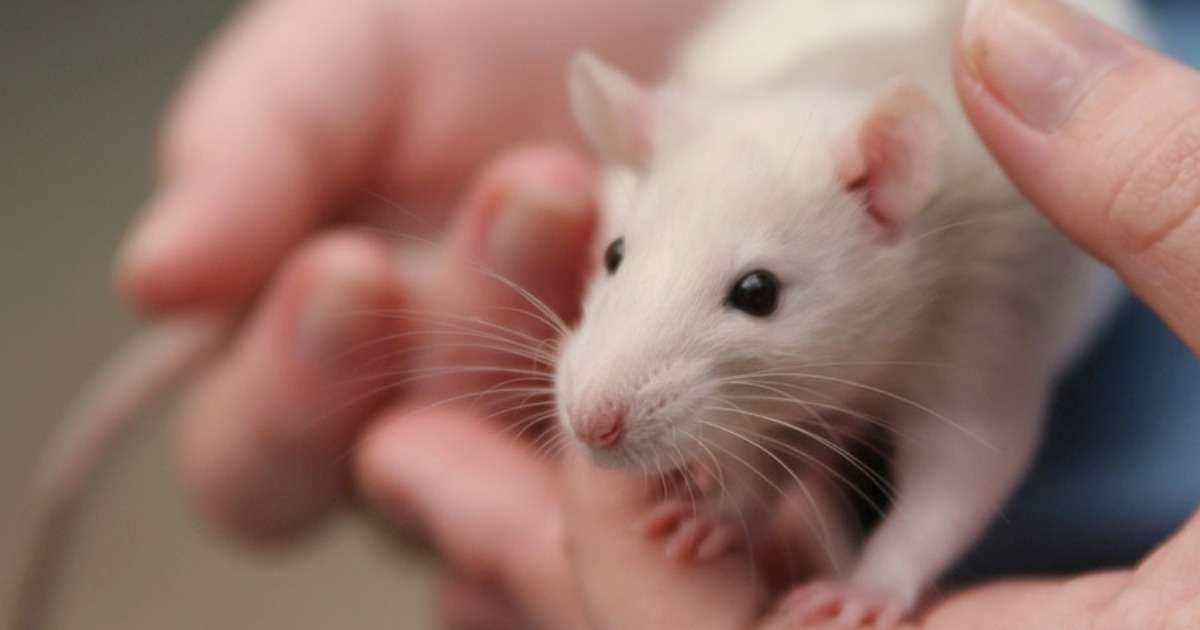
How researchers use the Morris water maze to find treatments for Alzheimer's
In this first part of a two-part mini series, we highlight how potential Alzheimer’s disease treatments are being investigated using a Morris water maze.

WHY use a Y-maze? Automating learning and memory tests in rodents
Y-maze testing is exactly what you would think: a maze with three arms that maze rodents have to navigate on their way to food, shelter, or another reward. It is often used to test spatial learning, but why?

Why attend FENS 2022, Forum of European Neuroscience
Where European neuroscience meets the world, and Noldus! FENS Forum has been one of our favorite neuroscience conferences in Europe and we've been exhibiting for years.

Radial Arm Maze: The Basics
The radial arm maze is an apparatus consisting of a circular center compartment from which 8 equally spaced «arms» extend. Researchers use it to measure two forms of memory known as “reference memory” and “working memory.”

Determining the best housing strategy for mice
When using animal models for scientific research, their welfare should be a priority. Here, we're looking at the effects of different housing strategies for mice, and how PhenoTyper provides researchers with insight.

5 Dates you should add to your 2022 Neuroscience calendar
Looking for the best neuroscience conferences to add to your 2022 calendar? We’ve put together a short list of the best (behavioral) neuroscience conferences to attend this year.
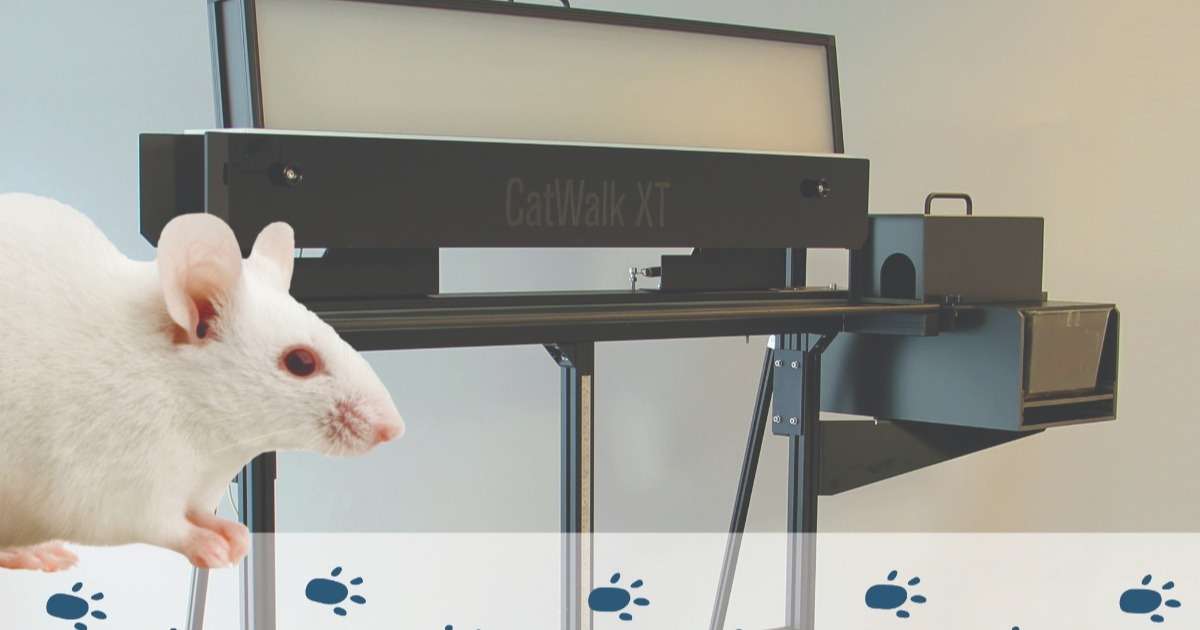
3 ways to use rodent gait analysis in CatWalk XT
CatWalk XT has been used for gait analysis in multiple studies and has helped experimental procedures for a number of neurological disorders and in lesion models. These 3 blogs tell you more about that!
